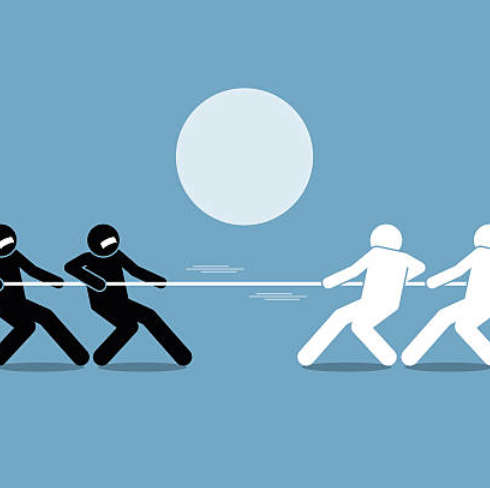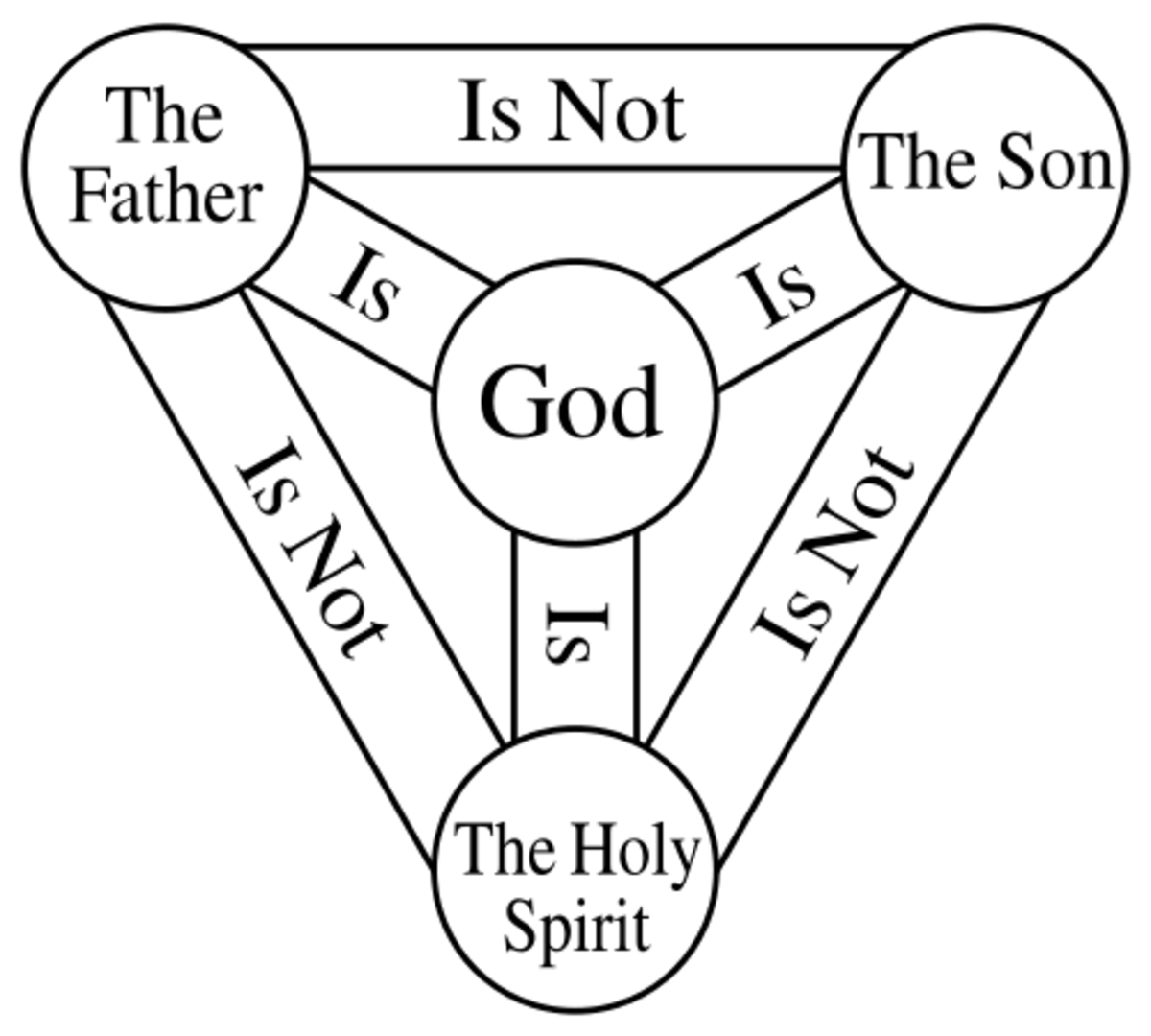The Whole Christ: Legalism and Antinomianism

Two Errors with the Same Root
Think back to the two boys looking at themselves in the mirror. Each comes to a different conclusion but their mistake is the same. The error comes from an improper understanding of what physical appearance is and their relationship to it. In the same way, Christians can unknowingly slide into two categories based on a misunderstanding of the law of God. These two errors are known as Legalism and Antinomianism. Usually regarded as opposites, they are known as two incorrect ways to respond to the realization that "there is now no condemnation for those who are in Christ Jesus" (Romans 8:1). Let's look at those two conclusions.

Legalism
Most are familiar with the term 'Legalism'. It's a word probably thrown around too often in the wrong way. The modern understanding of Legalism is an attempt to merit salvation or earn favor with God based upon one's own effort. What we do determines how God acts in response. Our keeping of the law is the grounds for which we receive benefits. Believers understand that we are not saved by works but by faith. However, we also find that in the Bible there are exhortations to follow the law. The response of some is that in some way we are still under the Law of Works. Why else would we be commanded to keep the law after we have been saved? Our law keeping then becomes a subtle form of legalism that still believes in some way that we are bound to the law as a way of maintaining our salvation. Those who come to this conclusion do so in part because of their natural disposition but mainly because of an improper view of the Law. In The Whole Christ, legalism is "simply separating the law of God from the person of God".
At The Root of It
For true believers, we know that grace is a gift not of ourselves, yet our old selves still hold onto the old pattern of works salvation. We still see the law as only the means to an end and nothing more, but we forget its original intent because we're used to seeing it in a do-or-die way. Sinclair Ferguson says, "The essence of legalism is a heart distortion of the graciousness of God and of the God of grace." The law in its first phase was the Natural Law Adam and Eve were capable of following. The law was as much for our benefit as is the gospel, and after receiving the gospel the law is to our benefit even though we fall short of it. Legalism rises from "view[ing] God’s law as a contract with conditions to be fulfilled and not as the implications of a covenant graciously given to us". We never realize that the law is an expression of God's character, and in giving it to us He enables us to live a life of true joy and fulfillment not found in the fleeting pleasures of sin. When a legalist sees the law, he wrongly sees a harsh standard enforced by a God who doesn't care for our deepest well-being. The call to follow these commandments as a believer appears as a call to merit-based work. Here are a few of his quotes on legalism from the book.
“Legalism is almost as old as Eden itself. In essence it’s any teaching that diminishes or distorts the generous love of God and the full freeness of his grace. It then distorts God’s graciousness revealed in his law and fails to see law set within its proper context in redemptive history as an expression of a gracious Father. This is the nature of legalism. Indeed we might say these are the natures of legalism.”
"Grace highlights legalism’s bankruptcy and shows that it’s not only useless; it’s pointless; its life breath is smothered out of it.”

Antinomianism
Antinomianism (anti-not/against, nomos-law) is the other conclusion one arrives at when realizing there is no condemnation for believers. If there is no punishment, then there is no need to follow the law. We can live as we like and those who tell us otherwise are in danger of legalism. Those who zealously observe the law can only appear to the antinomian as driven by fear of punishment. The truth is antinomians have the same problem as legalists. Though their conclusions may appear to be opposed to each other, they are nonetheless rooted in the same view of the law apart from God. The real issue behind legalism is the same issue behind antinomianism.
“Antinomianism and legalism are not so much antithetical to each other as they are both antithetical to grace. This is why Scripture never prescribes one as the antidote for the other. Rather grace, God’s grace in Christ in our union with Christ, is the antidote to both.”
“There is only one genuine cure for legalism. It’s the same medicine the gospel prescribes for antinomianism: understanding and tasting union with Jesus Christ himself.”
"Legalism and antinomianism are, in fact, nonidentical twins that emerge from the same womb."
"The gospel never overthrows God’s law for the simple reason that both the law and the gospel are expressions of God’s grace."
"Neither the Old Testament believer nor the Savior severed the law of God from his gracious person. It was not legalism for Jesus to do everything his Father commanded him. Nor is it for us."
They View The Law Apart from God's Character
The two errors fall on a spectrum, and the answer is not to slide from one side to the other. The cure for legalism is not a dose of antinomianism, and the cure for antinomianism is not more legalism. Understanding that the graces and benefits of Christ are not separate from his law is the first step in untangling these two lies.









